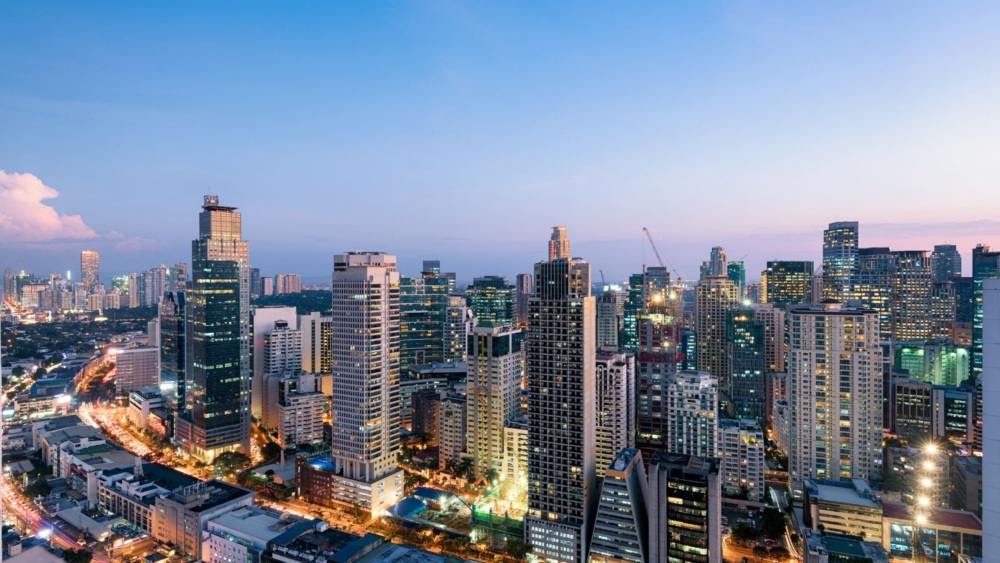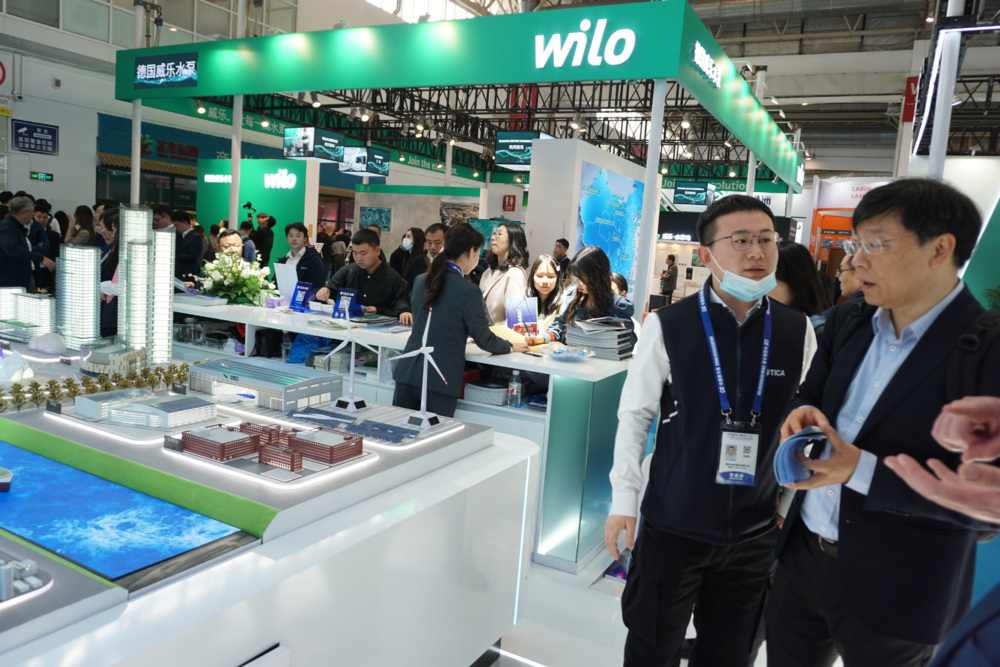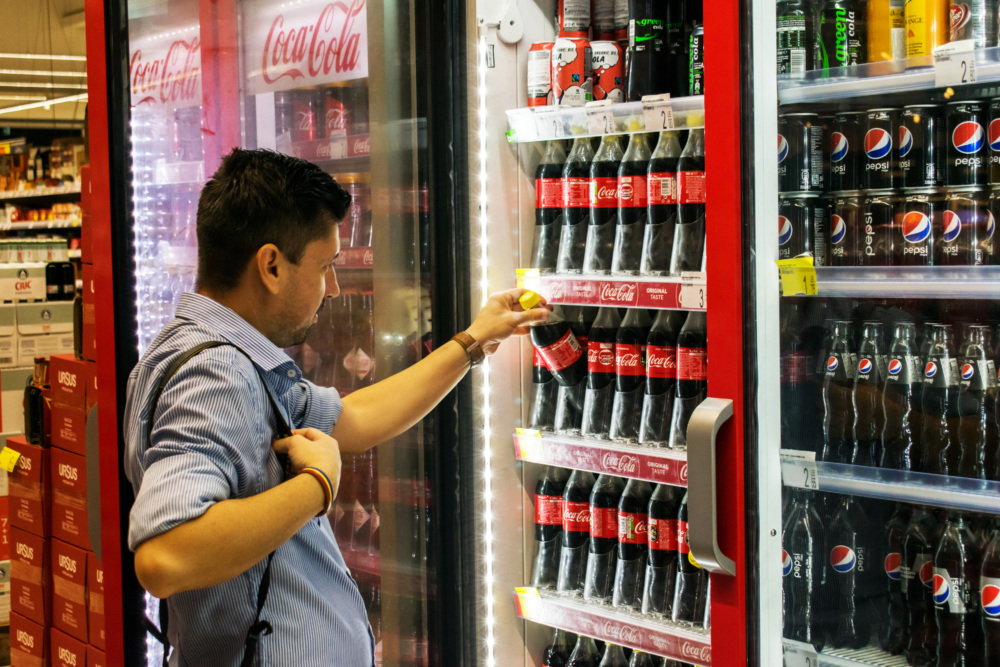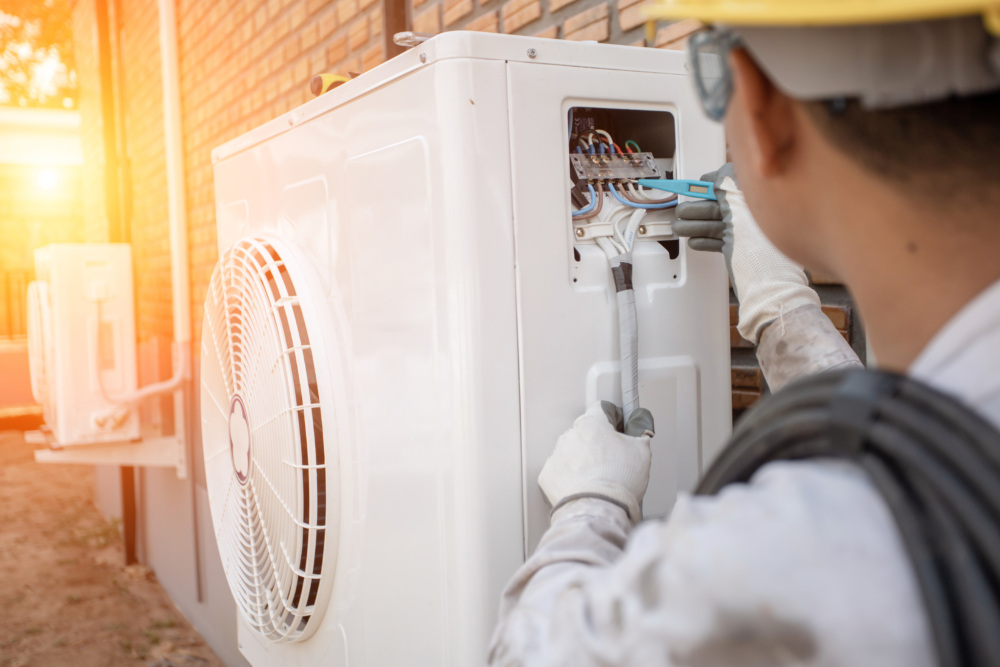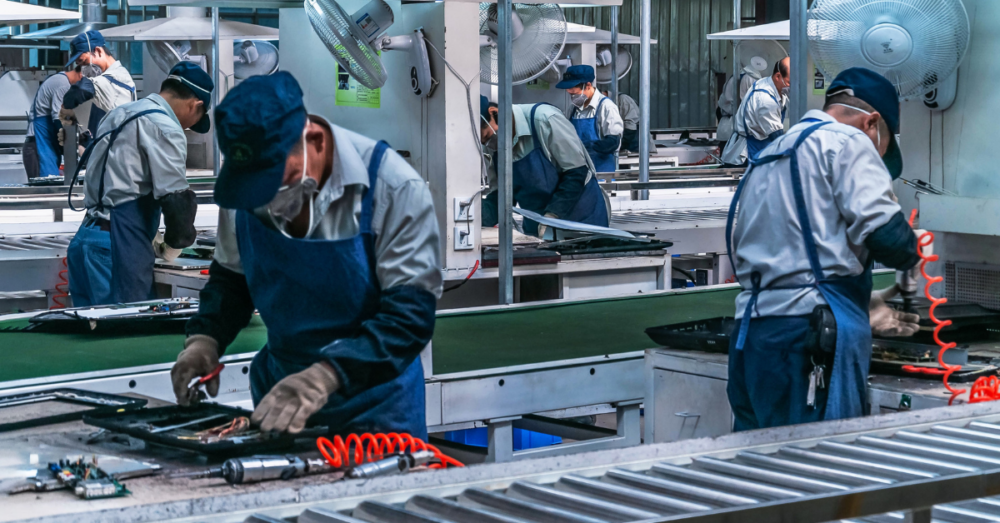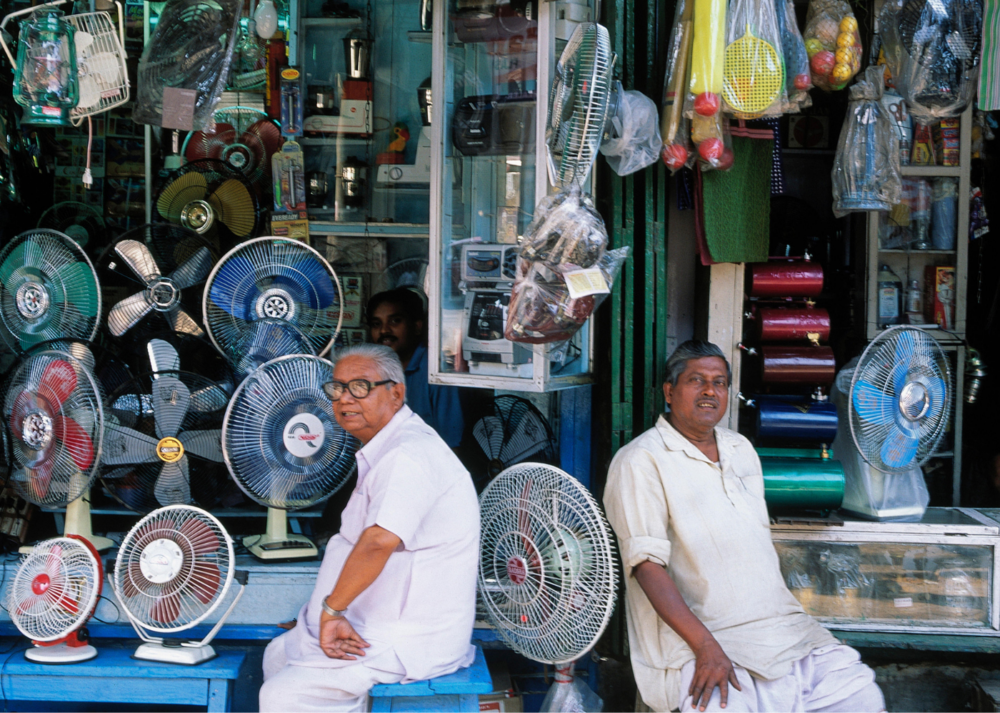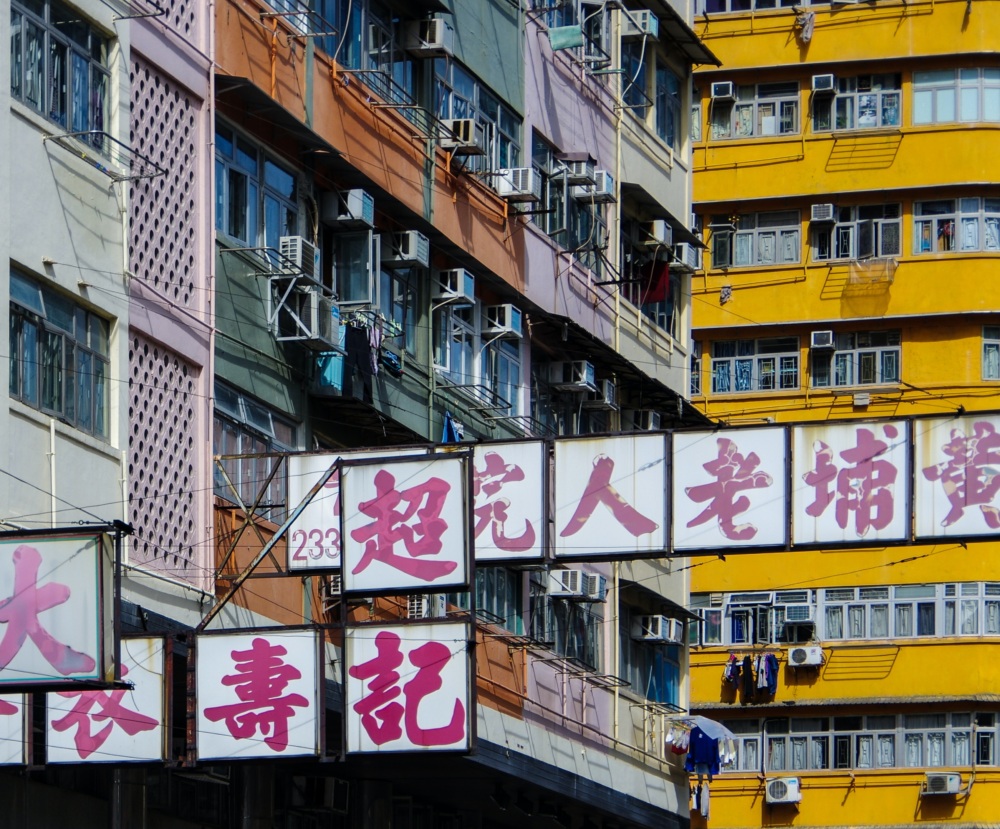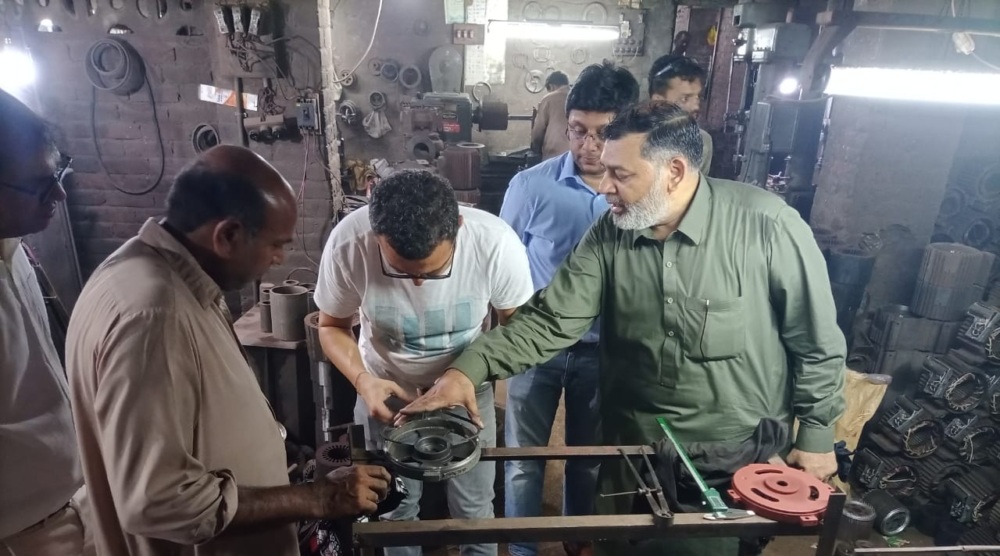Brazil’s Latest AC Policy to Dramatically Cut Costs and Emissions
New Brazil AC policy is expected to mitigate 72 Mt of CO₂ and deliver $6.2 billion USD in savings by 2040.
On 27 April, the Brazilian Ministry of Mines and Energy implemented new standards that will accelerate market dominance of high-efficiency inverter air conditioning. This is the first mandatory minimum energy performance standard (MEPS) in Brazil to be based on the Cooling Seasonal Performance Factor metric, which captures the efficiency benefits of inverter air conditioners. These stricter requirements will eliminate most fixed-speed AC units from the market by 2026.
Air Conditioning in Brazil
In Brazil, air conditioners are among the highest consumers of residential electricity. More frequent heat waves have led to increased sales, leading to higher household energy consumption long term. Household AC demand is projected to grow from 17% today to 80% by 2035.
Inverter ACs, which are able to automatically adjust energy usage based on temperature, are benefiting from a rapid market transformation, accounting for 50% of residential AC sales in 2018 (Eletrobras 2021). Continuously updated standards for these appliances will help ensure sustainable growth without unsustainable energy use, delivering R$ 30 billion BRL ($6.2 billion USD) in savings by 2040. The related energy savings, 119 TWh, is equivalent to one fifth of Brazil’s annual energy consumption.
Ongoing Policy Support
CLASP has been supporting the development of this policy since 2018, providing technical analysis and coordinating stakeholders. With experience and knowledge of best practice in other countries, we supported the Ministry’s more rigorous standards in the face of industry pushback. CLASP also reviewed the Regulatory Impact Assessment produced by utility company Eletrobras, demonstrating projected economic, social and environmental benefits of the proposed AC standards.
This policy follows a robust revision of Brazil’s air conditioning energy labeling scheme and the ensuing alignment of National Electric Energy Conservation Program’s (Procel) endorsement label in 2020. Combined with these updates, people purchasing AC units will have a clearer understanding of which appliances perform the most efficiently and ultimately save money on energy-related costs. The new standards are expected to mitigate 72 Mt of CO₂ by 2040, on top of the 21.5 Mt by 2030 expected from the initial label rescaling.
The first step of the policy’s implementation will ban the manufacture and import of non-compliant units starting 1 January 2023. Marketing of these appliances (by manufacturers, importers, wholesalers, and retailers) will be completely banned by 1 January 2025. The second step will increase the minimum energy performance requirements, effective 1 January 2026, and will follow a similar 3-year timeline.
|
|
Step 1 |
Step 2 |
|
Manufacturing and Importing |
31/12/2022 |
31/12/2025 |
|
Marketing by Manufacturers and Importers |
31/12/2023 |
31/12/2026 |
|
Marketing by Wholesalers and Retailers |
31/12/2024 |
31/12/2027 |
CLASP will continue to work closely with its local partners to provide technical assistance, expertise, and collaborative opportunities as Brazil AC policy pivots to multi-connected systems, like those discussed in the previous meeting between Brazilian and Chinese parties.

